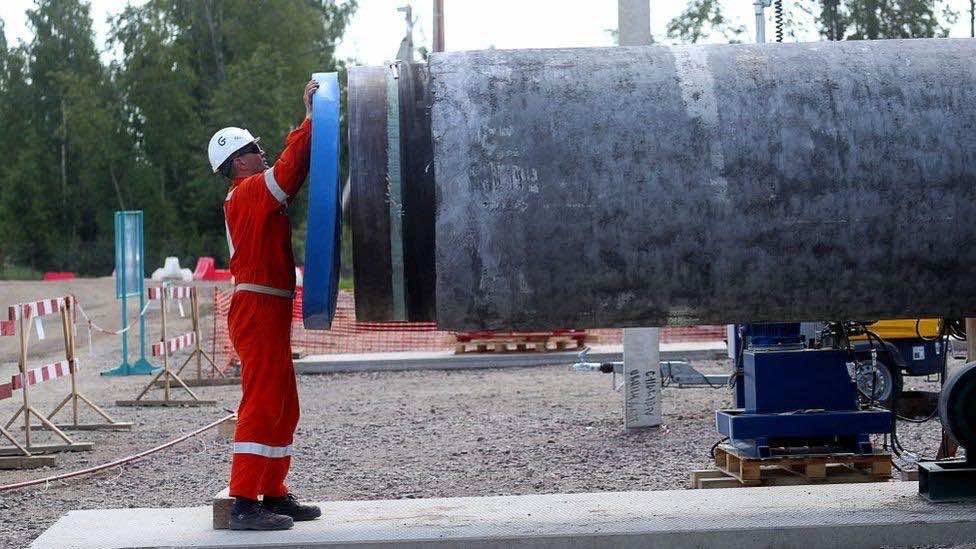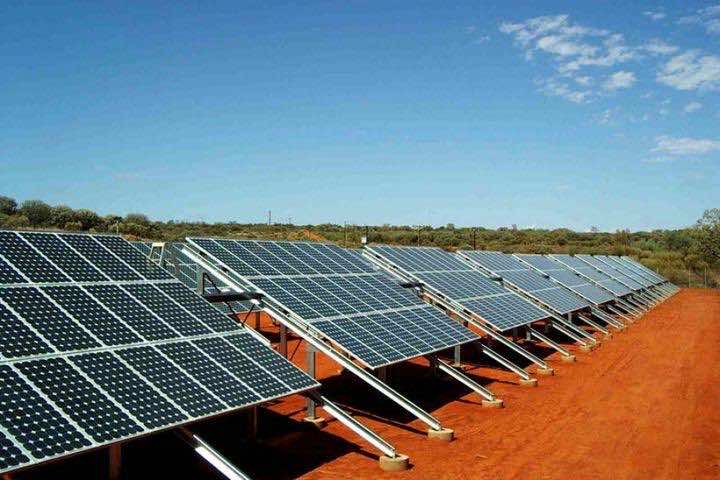Energy prices in Europe have been skyrocketing since the drop in Russian gas exports, with spot prices on the Netherlands-based Title Transfer Facility (TTF) rising to an average €134 ($135.15)/MWh this year. Rystad forecasts prices will stabilize at around €31 per MWh by 2030, which puts the LCOE of existing gas-fired plants closer to €150 per MWh.
“Gas will continue to play an important role in the European energy mix for some time to come, but unless something fundamental shifts, then simple economics, as well as climate concerns, will tip the balance in favor of renewables,” said Carlos Torres Diaz, head of power at Rystad Energy. Building new solar capacity in Europe could be 10 times cheaper than continuing to operate gas-fired power plants in the long term.

“This is still three times more than the LCOE of new solar PV facilities. For gas-fired plants to continue being competitive, gas prices would need to fall closer to €17 per MWh, and carbon prices would need to fall to €10 per ton, which is currently unthinkable,” the company said in a statement.
Things are about to get worse as winter rolls in, and Europe will likely face a tough time again. Gas prices might not reach the extreme highs of $330 per MWh like in August, but with the Ukraine & Russia conflict showing no signs of stopping, Russian gas exports are unlikely to increase, and Europeans will probably have to pay more for their heating needs.

If gas funds were invested in renewables instead, Europe could replace gas with solar and onshore wind power generation by 2028, when total capacity would reach 333 GW, Rystad forecasts. This estimate assumes a weighted average capital cost for the technologies of €1.3 per watt, as well as a two-year pre-development phase.


